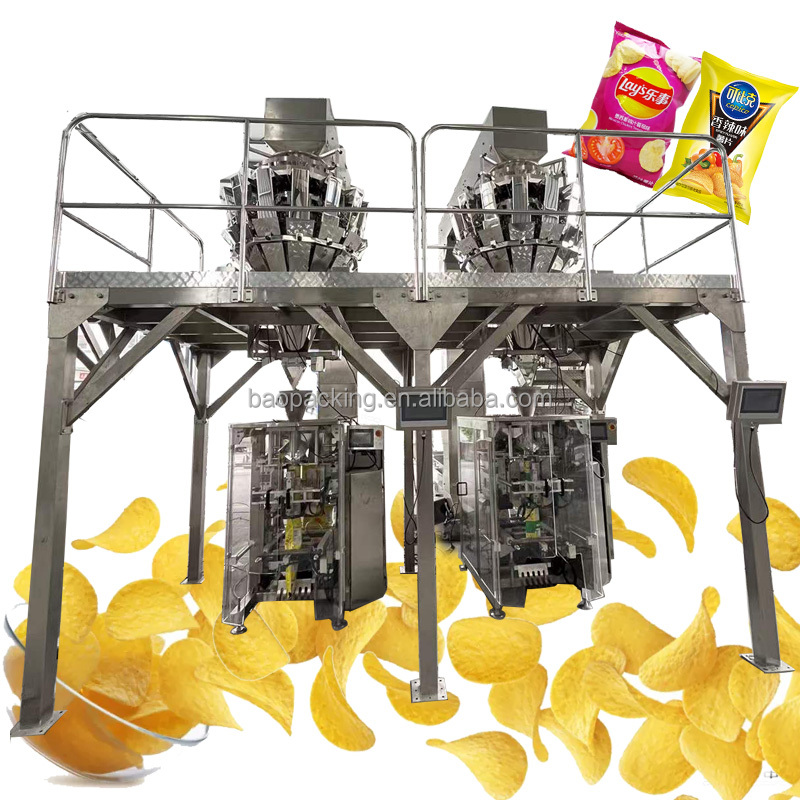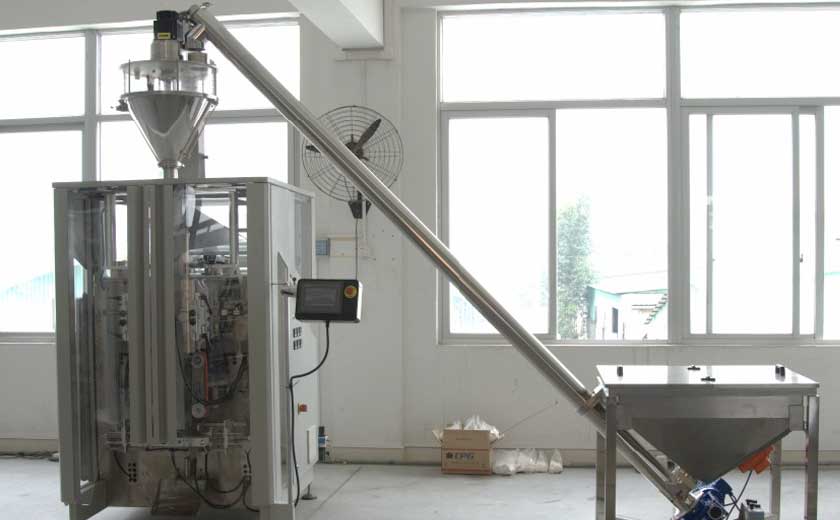Why Hygiene Standards Are Crucial in Flow Wrap Packaging
Flow wrap packaging is a widely used method for protecting and preserving food and non-food products. It involves wrapping the contents in a thin, flexible film that is heat-sealed to create a secure package. Maintaining high hygiene standards during the flow wrap packaging process is paramount to ensure product safety and quality.
Preventing Contamination
Food Safety:
Flow wrap packaging is commonly used for food products, which are highly susceptible to contamination by microorganisms. Unsanitary conditions during packaging can introduce bacteria, viruses, and other harmful substances that can compromise food safety and cause illnesses.
Non-Food Products:
Even non-food products can be susceptible to contamination. Contaminants such as dust, dirt, and moisture can affect product appearance, performance, and durability. Maintaining hygiene during packaging helps prevent these contaminants from entering the package.
Maintaining Product Quality
Sensory Appeal:
Contamination can not only affect product safety but also its sensory appeal. Unpleasant odors, discoloration, or foreign objects can make products undesirable to consumers. Hygiene standards ensure that products remain clean and visually appealing.
Shelf Life:
Contamination can accelerate product spoilage and reduce shelf life. By minimizing the introduction of microorganisms and other contaminants, hygiene standards help extend the shelf life of packaged products, reducing waste and maintaining product integrity.
Ensuring Customer Trust
Brand Reputation:
Consumers expect products to be safe and of high quality. Failure to maintain hygiene standards can damage a brand’s reputation and erode customer trust. It can lead to negative reviews, recalls, and even lawsuits.
Legal Compliance:
Many countries have strict regulations on food hygiene and safety. Failure to comply with these regulations can result in legal penalties and fines. Maintaining hygiene standards helps businesses meet these legal requirements and avoid potential legal liabilities.
Practical Implications
Employee Training:
Proper hygiene practices require thorough employee training. This includes instructing them on the importance of hand hygiene, equipment cleaning, and pest control.
Equipment Maintenance:
Flow wrap packaging machines and conveyor systems must be regularly cleaned and maintained to prevent cross-contamination. Establishing and adhering to cleaning schedules is crucial.
Facility Sanitation:
The entire packaging facility, including production and storage areas, should be kept clean and sanitary. This includes regular floor cleaning, pest control measures, and proper waste disposal.
Hygiene standards are crucial in flow wrap packaging to ensure product safety, maintain product quality, ensure customer trust, and meet legal compliance. By implementing comprehensive hygiene practices, businesses can effectively protect their products and consumers, preserve their brand reputation, and comply with industry regulations.
-

Overview of Packaging Machine Buying Guides
08-01-2024 -

How Does a Vertical Form Fill Seal Machine Work?
30-10-2023 -

Advancements in Auger Powder Filling Technology
27-10-2023 -

A Deep Dive into Automatic Packaging Machines
26-10-2023 -

The Revolutionary Fully Automatic Potato Chips Packaging Machine
20-09-2023 -

How to choose the right packaging machine?
23-08-2023 -

Reducing Waste And Maximizing Yield With Multihead Weigher Machines
15-03-2023 -

Nuts Packaging Machine for Dry Products Perservation
26-11-2022 -

Is Automated Biscuit Packaging Machine Better Than Manual Opeartion?
25-11-2022





